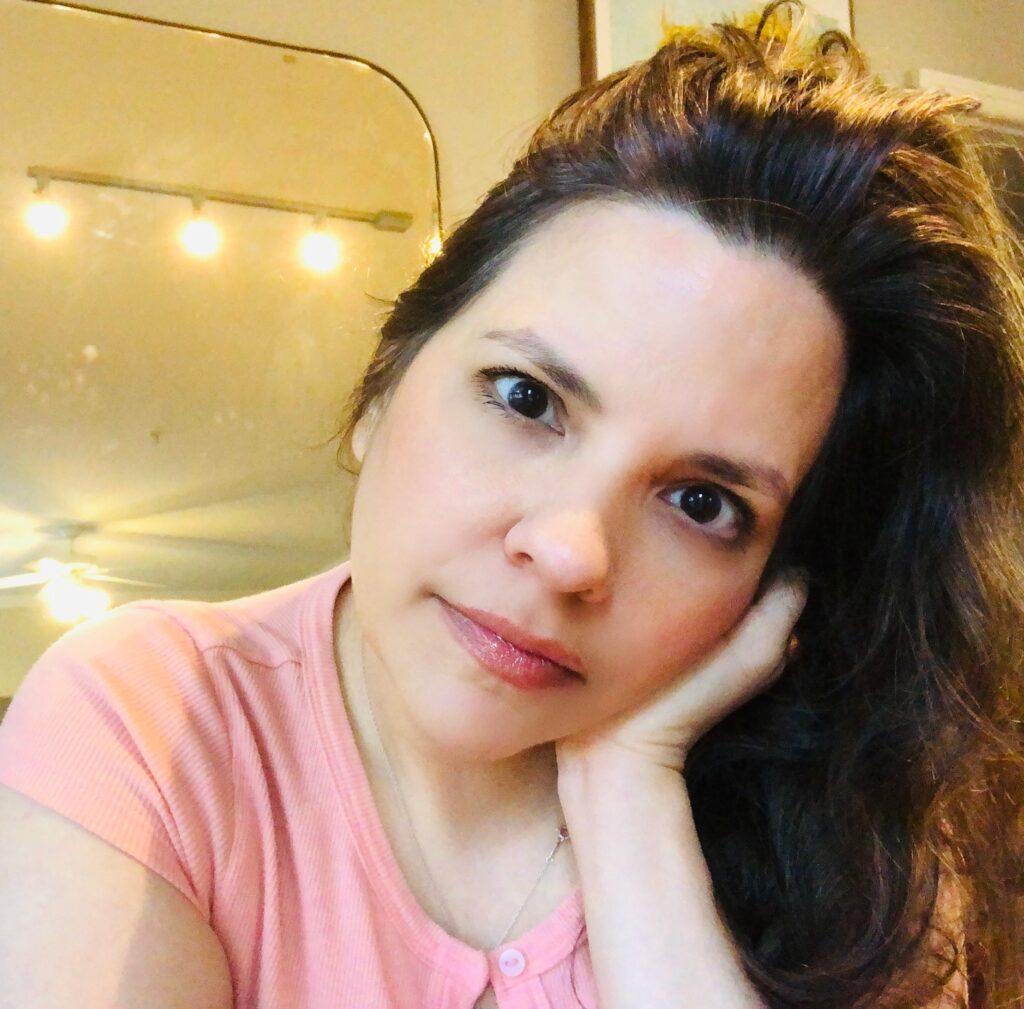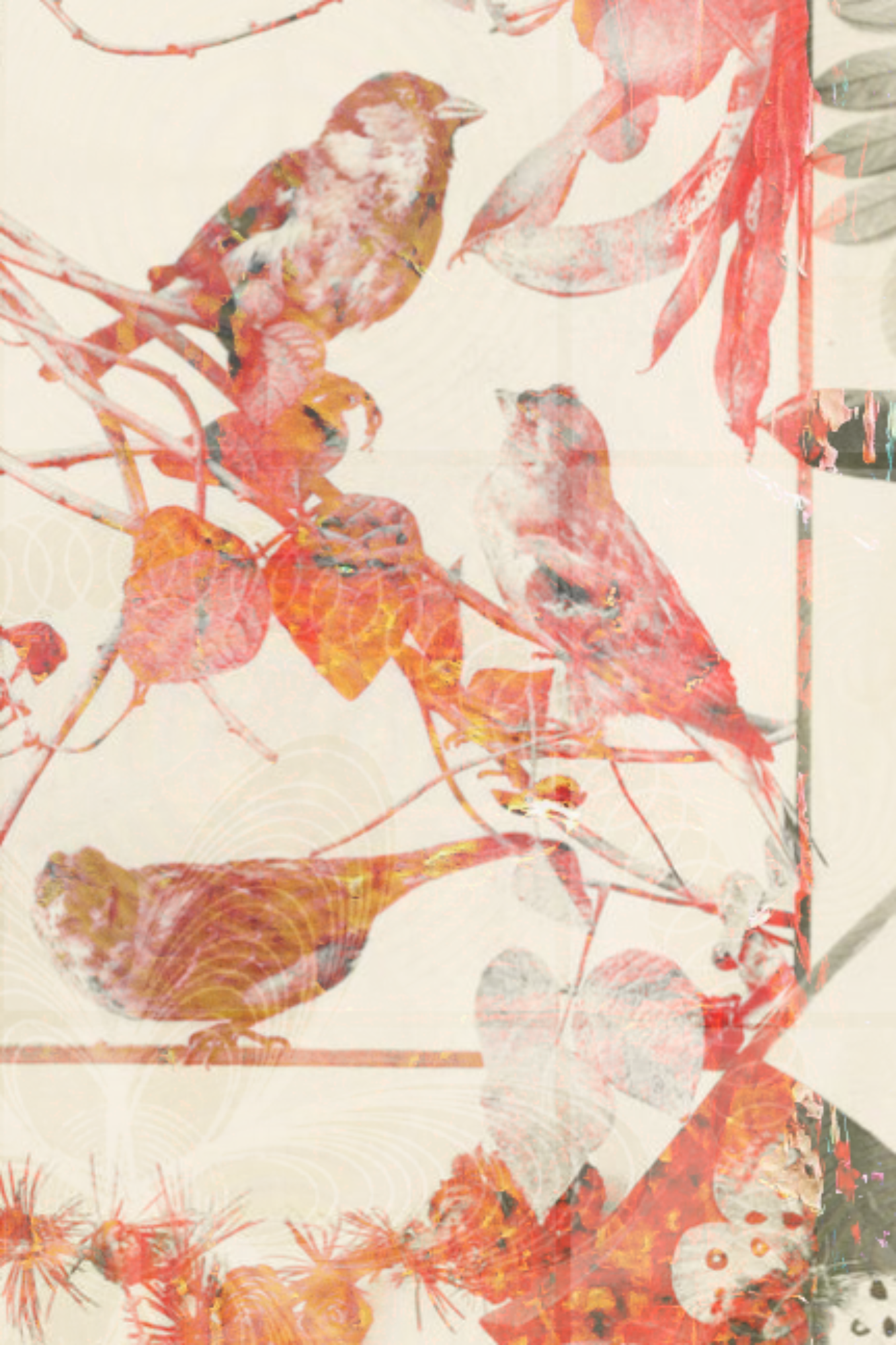Tell us about your path to writing.
The path to becoming a poet and writer has been an on-again, off-again, bumpy ride. I’ve
had long stretches of time off from submitting and publishing, due to health problems,
mostly; but as a disabled writer, my motivation to be something other than just
“chronically ill” has thankfully taken over. I now write and submit regularly.
What keeps you motivated to create?
When I think of motivation, I think of where and how I created my first poems. For many
years, I spent my days as a college student and my nights as what some might call an
“exotic dancer”, in the heart of New York City. I can recall escaping to the dingy locker
room in the basement of the club, stealing 5 minutes to write a poem, which had to be
penned on the dirty napkins the girls before me had left there after eating takeout. The
first poem I ever got published was written there, created in-between lap dances, in a very
dark place. That’s what poetry still is to me—a need so enormous, like food or water, that
you’ll nourish yourself with it anywhere—and it will insist on breaking through even the
darkest of places with its light.
Who are you hoping to reach with your work? Do you have a target audience? Who would you like to inspire?
I’m currently working on a collection of poems about domestic abuse and murder victim
Gabby Petito, and other women (and some men) who have been abused or gone missing.
The disproportionate attention that white victims are given in the media, when compared
to missing people of color, also caught my attention, and I want to write about that aspect,
as well.
Give us some background on the pieces you contributed to this issue.
“Talking To My Father’s Urn” first appeared in Pembroke Magazine in 2020. I wrote that
in a moment of anger—me, a girlfriend full of ire toward her boyfriend and the rocky
relationship we had; and also full of grief to have lost the one man I felt truly loved me:
my father. Flash forward a few years and “Bronze Dragon” is a more mature perspective
on a similar theme. What surprised me about writing that piece is that the poem took
over. It became what it wanted to become, rather than just my perspective of the topic. I
love it when that happens! The words dictate to the writer, rather than the writer always
being in charge.

Gillian Thomas graduated New York City’s Hunter College with a degree in English and Theater. Thomas’ work has been featured in such journals as Blue Unicorn, The Mid-Atlantic Review, Beltway Poetry Quarterly, Gargoyle, Ligeia Magazine, Pembroke Magazine, and more. She lives with her husband, son and 2 barking Miniature Schnauzers near Washington, DC.

